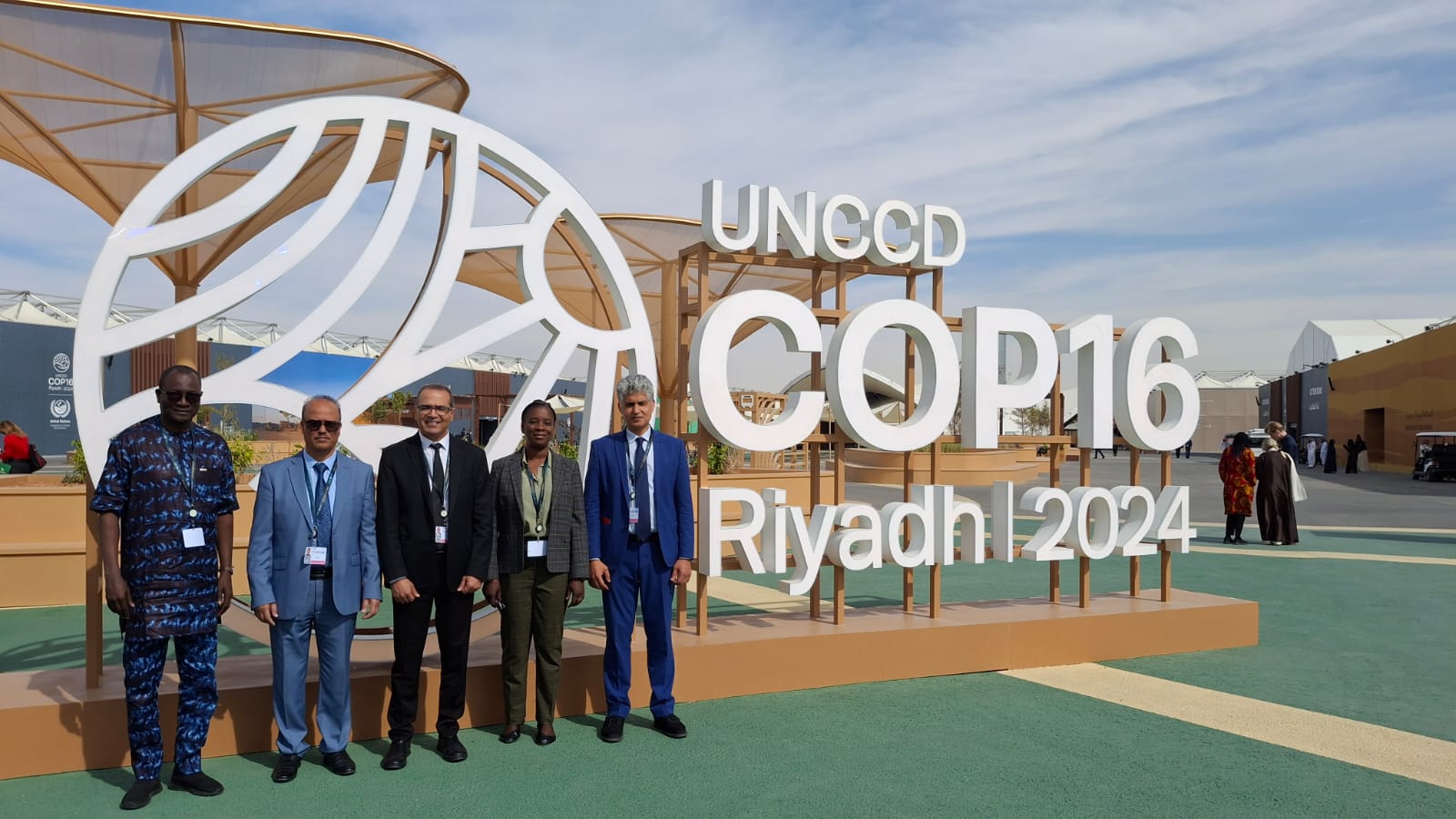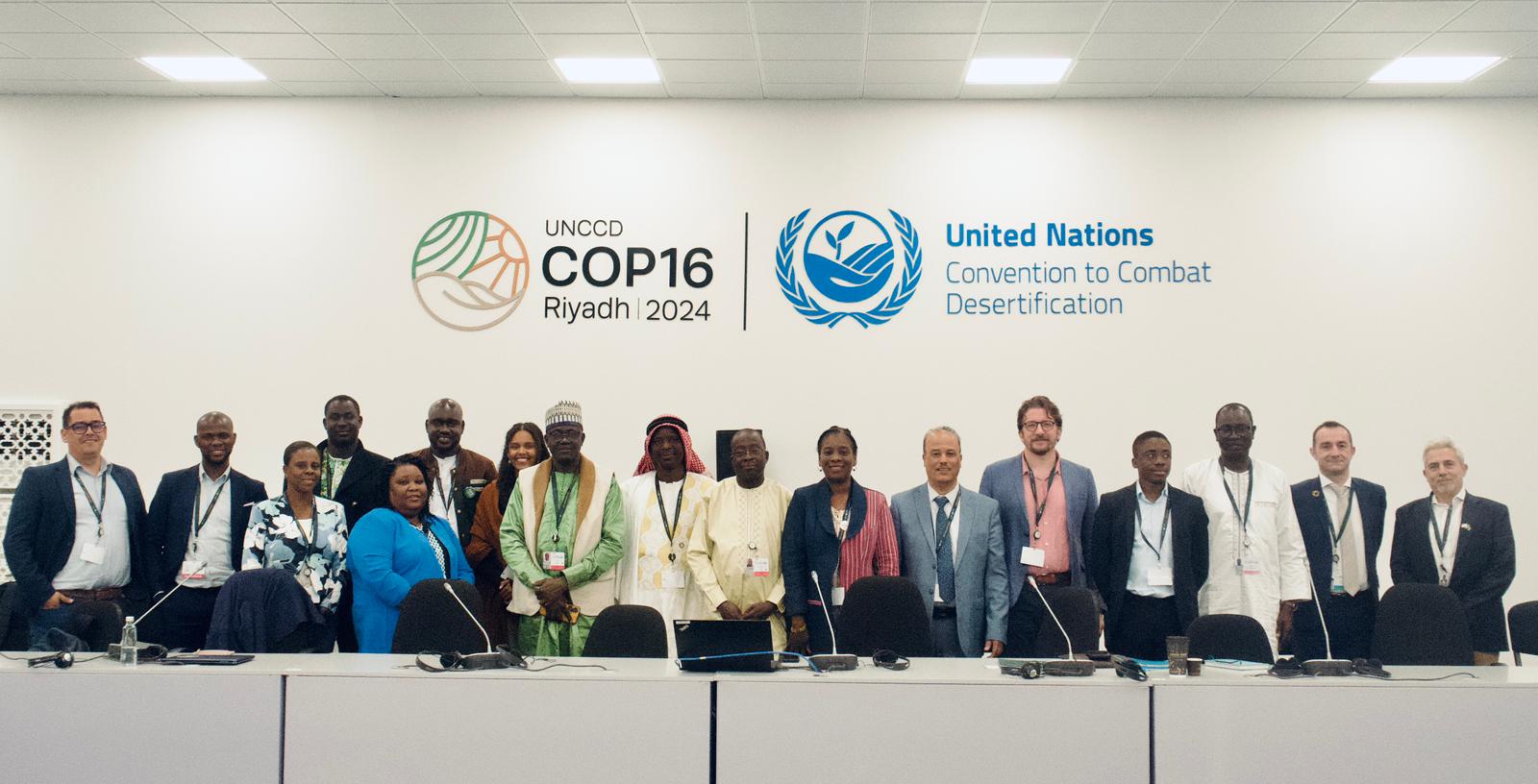27th Session of the OSS Strategic Orientation Committee, Tunis, January 28, 2025
Held on January 28, 2025 in Tunis, the 27th session of the Strategic Orientation…




The Tunisian-Libyan Djeffara plain that extends over an approximately 10,000 km2 surface is an area of transition between the desert and the coastal steppe, and falls between south-eastern Tunisia and north-western Libya.
The Djeffara Aquifer System is also part of the North Western Sahara Aquifer System (NWSAS) and is highly important for the economic and social development of both countries.
However, the Djeffara resources are being considerably depleted due to intensive exploitation and the quality of the water has significantly deteriorated due to increased salinity exacerbated by marine intrusion and the decrease in natural recharge from the NWSAS water.
In this context, the NWSAS Consultation Mechanism (NWSAS/CM) convened, on August 16, 2022, a virtual workshop on the "Improving knowledge and strengthening the resilience of the Tunisian-Libyan Djeffara populations to face the harmful effects of climate change" project preparation, to be submitted to the Adaptation Fund.
Representatives of the water departments in Libya and Tunisia took part in the event that was organized with the Sahara and Sahel Observatory (OSS) technical support and that aimed at completing the project concept note.
Let us recall that the NWSAS/CM is a key player in the search for new funding for the coordinated management of the NWSAS as support for the national teams and authorities. Similar actions are being prepared for the benefit of the three NWSAS countries (Algeria, Libya, Tunisia).
Held on January 28, 2025 in Tunis, the 27th session of the Strategic Orientation…

The participation of the Sahara and Sahel…

OSS Side Event at COP16: Strengthening Resilience in the Sahel through Multi-…